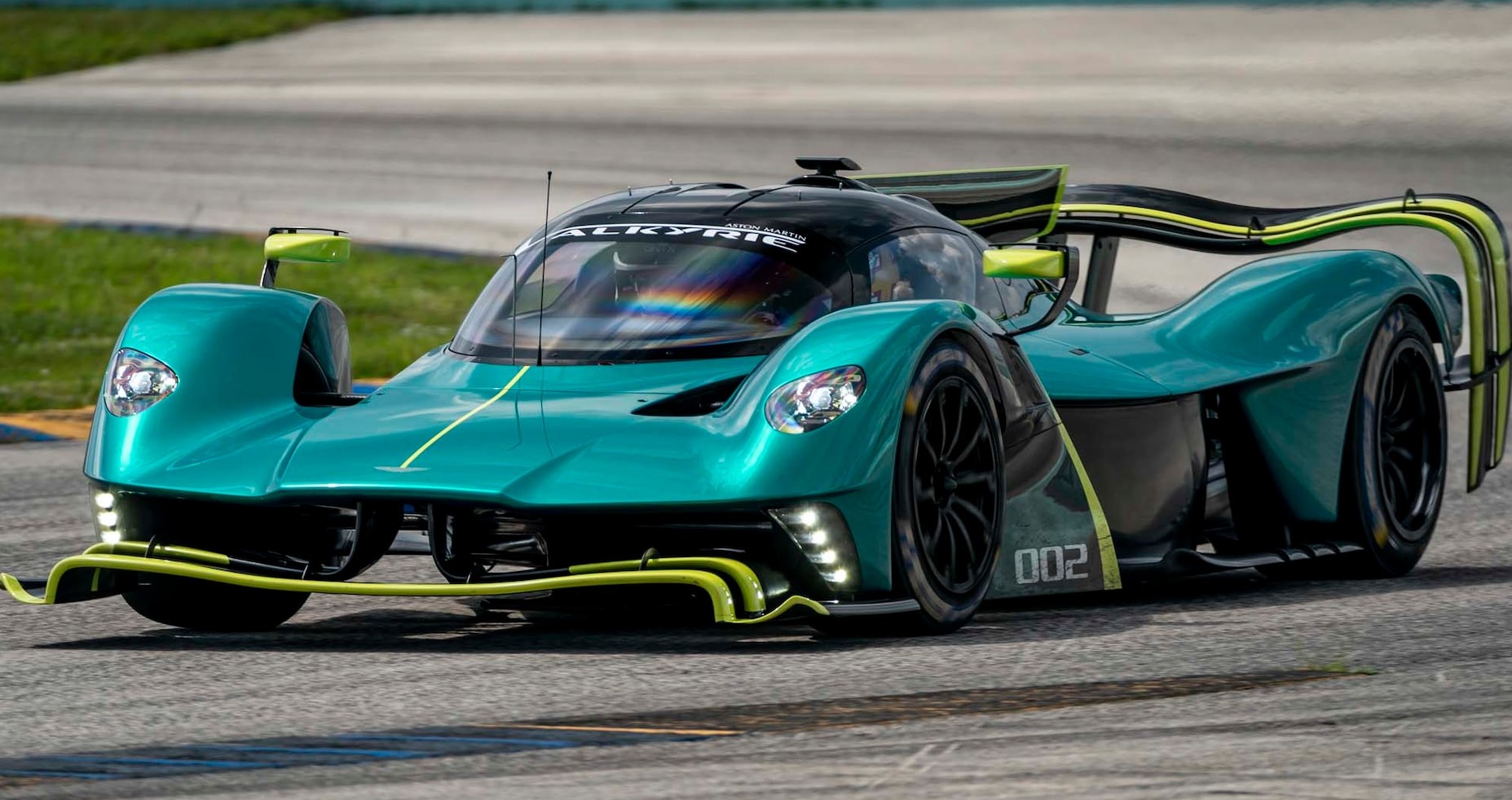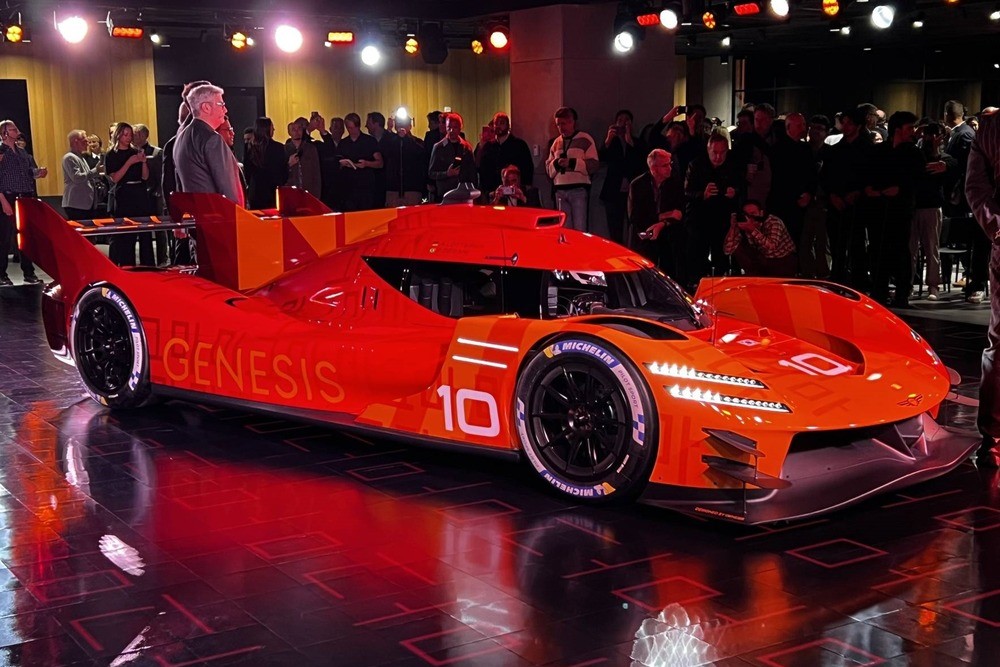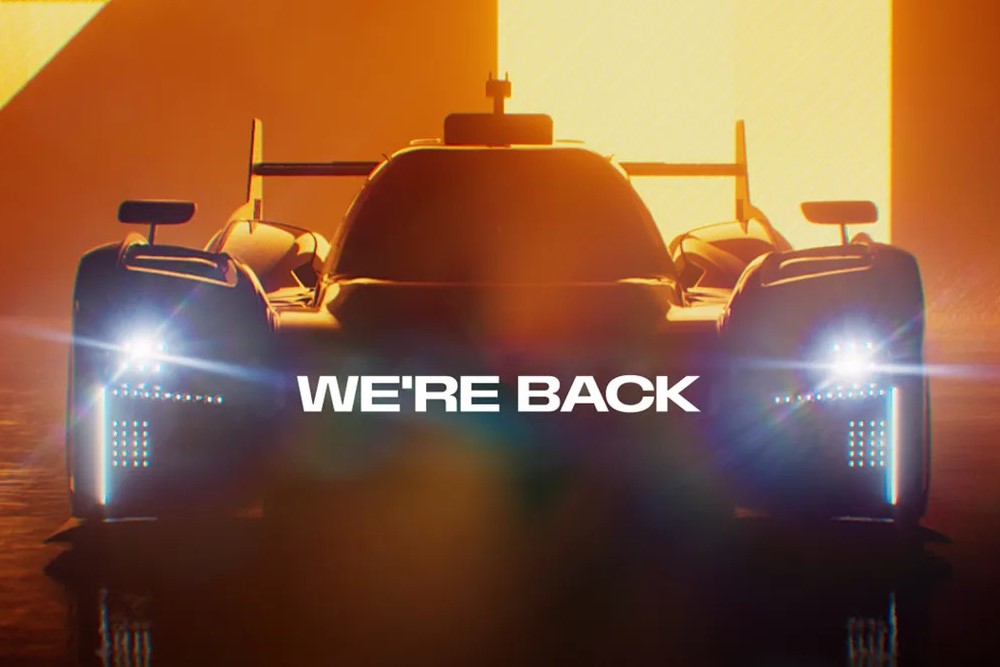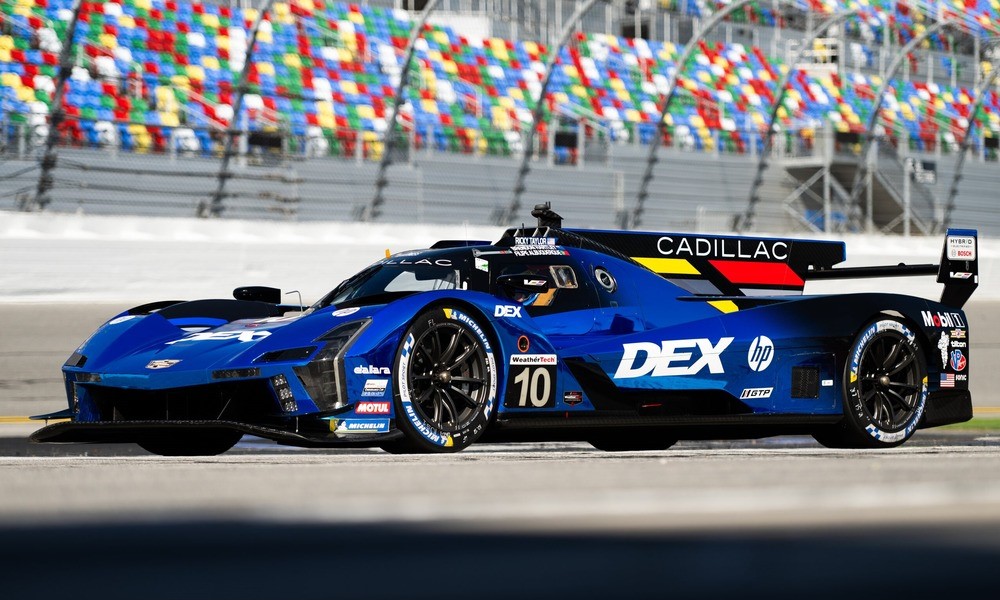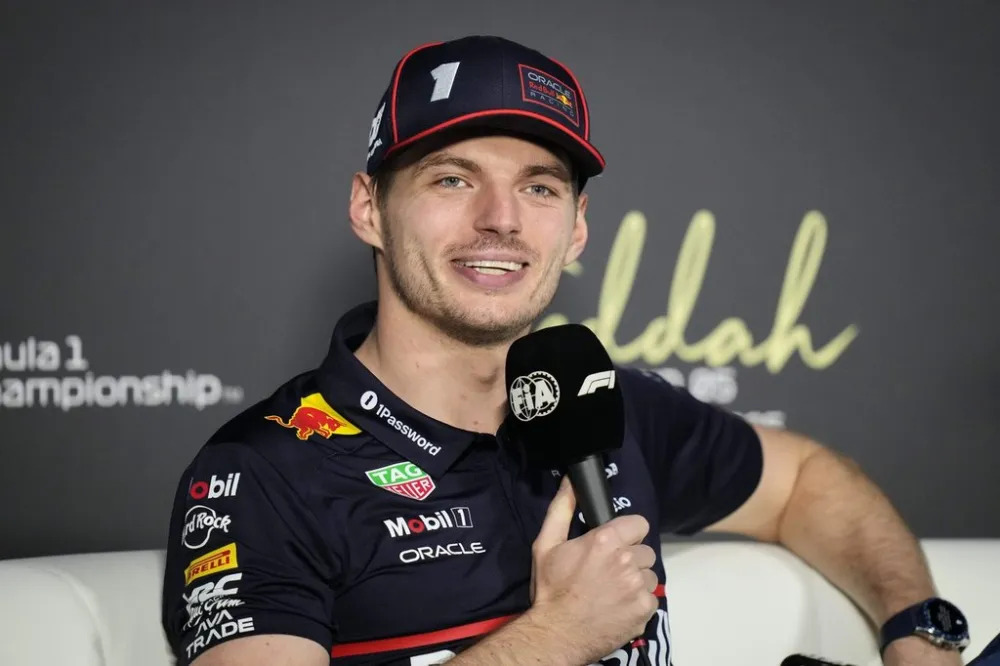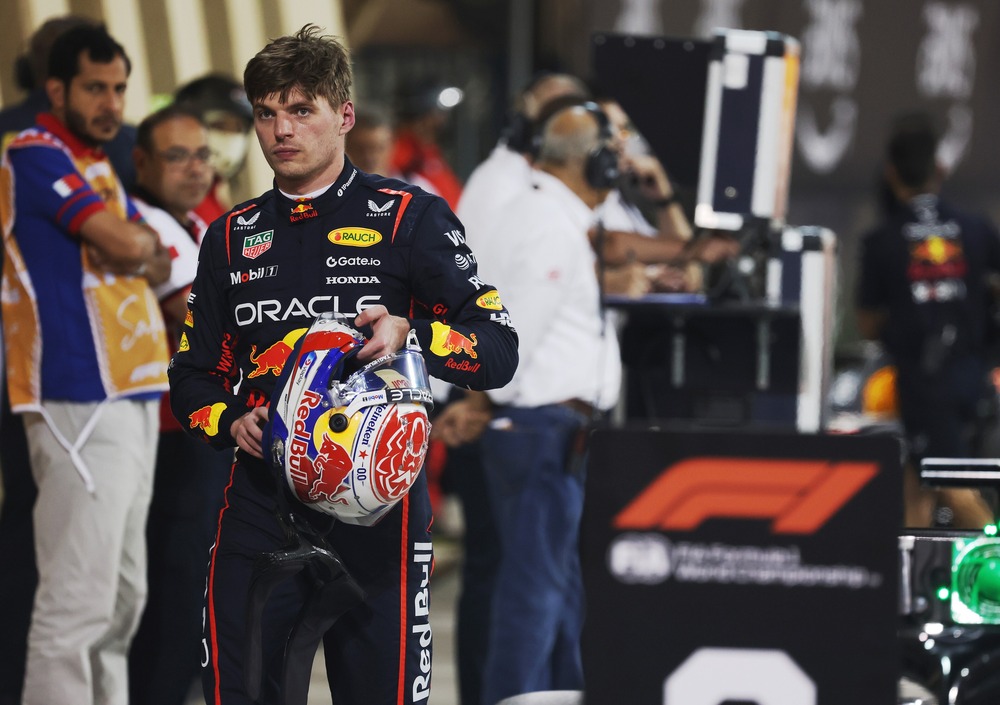Aston Martin plans to enter the Le Mans 24 Hours’ top division in 2025, with a racing-spec prototype of its Valkyrie hypercar in an effort to win the race for the first time since 1959.
The Adrian Newey-designed Aston Martin Valkyrie hypercar was the centerpiece of a collaborative effort between the British manufacturer and renowned Formula 1 team Red Bull Racing that was initially unveiled back in 2019.
A part of the project was dubbed the Le Mans Hypercar (LMH) version as the two parties outlined plans to make an entry at the 24 Hours of Le Mans. However, the project was later shelved, but sources now indicate that the plan has been revived.
According to Autosport, the new initiative would be a collaboration between Aston and the US-based Heart of Racing sports car team, which currently participates in the GT class of sports car racing. Valkyrie LMH cars could race in both the FIA World Endurance Championship and the US-based IMSA championship.
Although Aston Martin declined to confirm the Valkyrie LMH project, the company issued a statement in which it stated that it was “encouraged” by the growing popularity of the Hypercar category at Le Mans and that, as “a global hypercar brand, we continue to play close attention to the class.”
The LMH rules give manufacturers a great deal of latitude to design hybrid prototypes. The Balance of Performance (BoP) rules are then used to regulate their performance.
Currently, Ferrari, Toyota, and Peugeot field prototypes that adhere to LMH standards.
Additionally, there is a cost-controlled LMDh category with participants like Porsche and Cadillac that incorporates standardized chassis and hybrid systems.
Aston Martin chairman Lawrence Stroll’s interest in reviving plans to participate in the LMH class at Le Mans was originally made public in February 2022 .
The Canadian entrepreneur acknowledged that the British automaker has goals beyond merely retaining its presence in GT racing while speaking during the unveiling of the Formula 1 team’s 2022 AMR22 car.
“We fully intend to go back to racing other than in F1,” Stroll said. “We’ve never stopped racing in GT3 and GT4, and we won [the GTE Pro class at] Le Mans two years ago.
“That programme will continue and be enhanced.
“Now that I’ve started Aston Martin Performance Technologies as a division of the F1 team, it will get a lot more involved in the development of our mid-engined programme out of the new F1 factory [being built near Silverstone].
“In addition, we are in discussions to go back to Le Mans.”
However, regarding a return date, Stroll firmly declined to comment.
“We’re not there yet,” he said. “I’m a racer myself. I have been all my life. Racing is in my blood, which is why I’m here.
“We should be racing in whichever category aligns with the message we are trying to deliver for Aston Martin.”
The new Hypercar era, which debuted at Le Mans and in the World Endurance Championship last year, had been slated to include Aston Martin as one of the pioneering manufacturers. However, Stroll cancelled a plan centered on the Valkyrie after his consortium acquired Aston Martin Lagonda in 2020.
Manufacturer interest at Le Mans has increased significantly as a result of the two hypercar classes. Next year, Lamborghini will debut an LMDh entry, along with BMW, Acura (Honda), and Alpine who are all developing their prototypes. Future possibilities include Bentley and McLaren participants.
Stroll is anticipated to commit Aston Martin to the same LMH class as Toyota, Peugeot, and Ferrari opted for, with a car based on the Valkyrie AMR Pro, if and when he decides to initiate a Le Mans program.
The 1000 horsepower hybrid-enhanced V12-powered car, dubbed as the “ultimate no-rules hypercar,” was designed with the specific goal of lapping the 8.5-mile Le Mans circuit in 3 minutes and 20 seconds.
The Toyota Gazoo Racing GR010 Hybrid in the hands of Kamui Kobayashi won the pole position for the race last year in a time of 3 minutes, 23.900 seconds.
Aston Martin has an extensive and distinguished history at Le Mans, but despite countless class victories in the GT division, it has only achieved one overall victory which came at the 1959 race, which Roy Salvadori and Carroll Shelby won in a DBR1.

